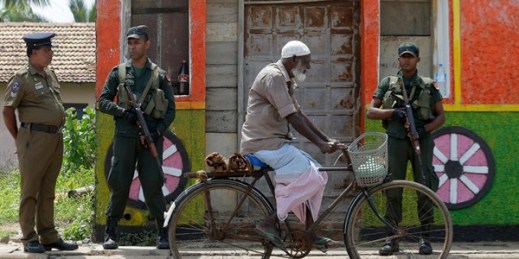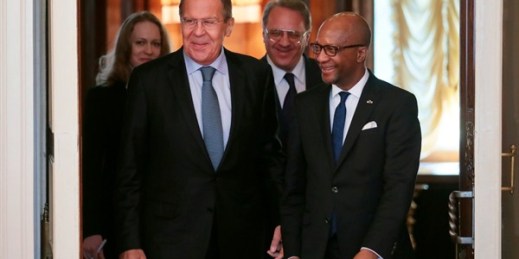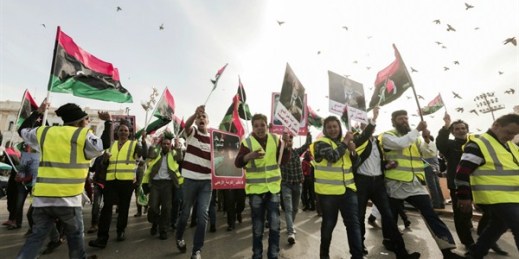
The tit-for-tat trade war between the United States and China is costly enough, but it could be morphing into something far more serious. A week after raising tariffs on $200 billion in imports from China, the Trump administration took aim at Huawei, the Chinese company leading the global race to create new, faster 5G telecommunications networks. The new regulations would, if fully implemented, restrict Huawei’s ability to access the U.S. market, either for exports of its products or for imports of key technologies. There are reasons to be concerned about Beijing using Huawei’s networks for nefarious purposes, as well as […]



